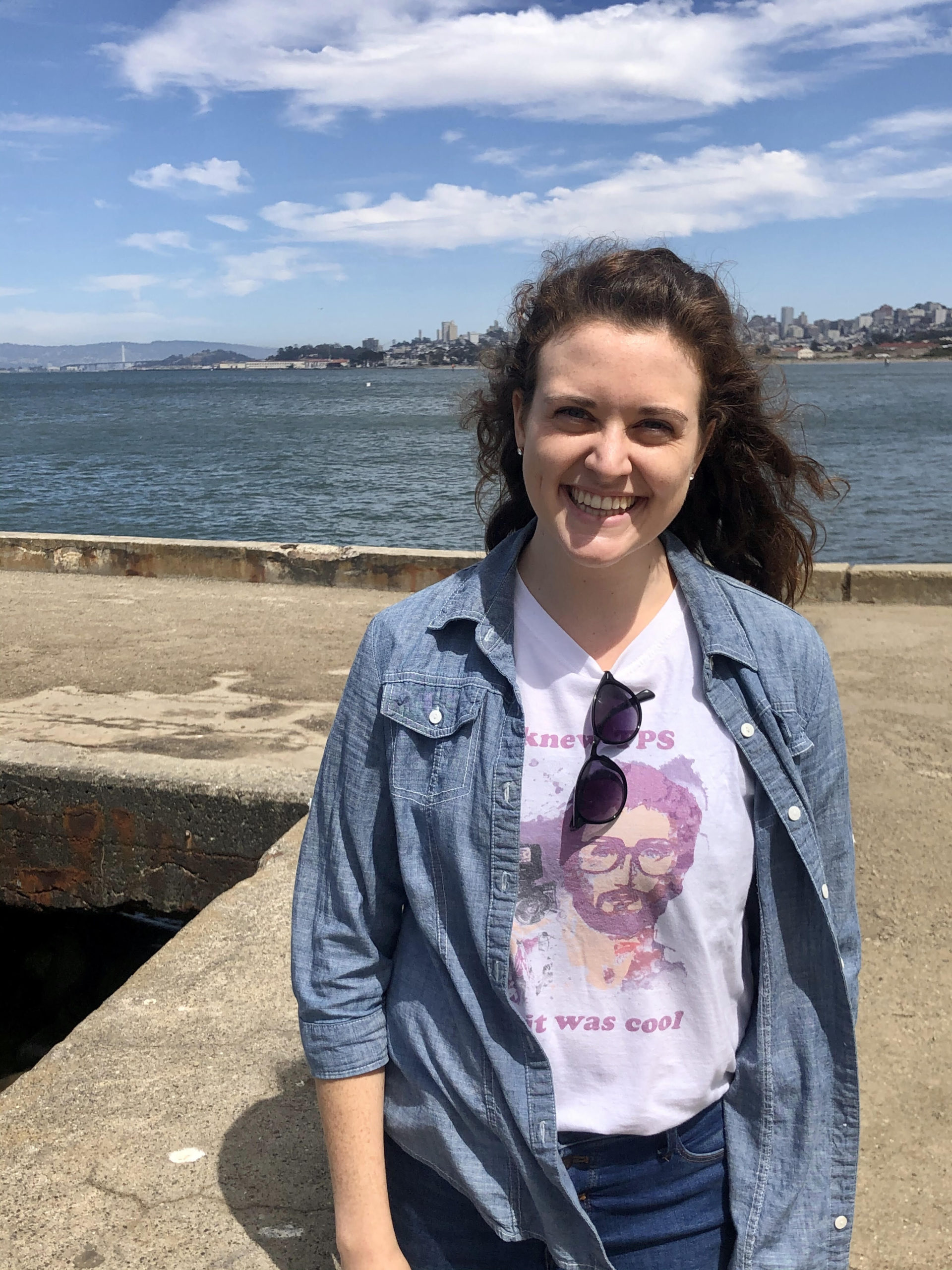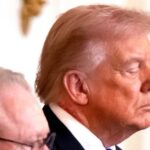
A British man who held up a blank piece of paper outside London’s Parliament on Monday said he was warned by police that he risked arrest if he wrote a message that might “offend” others in a nation where King Charles III has taken the throne after the death of Queen Elizabeth II.
Paul Powlesland, a 36-year-old barrister — the British term for a lawyer qualified to argue cases in court — said that he was outside Parliament because he was concerned about police targeting those who were simply exercising their rights of “freedom of speech” in protesting the monarchy, Metro UK news reported.
U.K. authorities have made least three arrests for breach of the peace related to Charles since he was proclaimed king, according to Metro UK. The arrests include a man who heckled Prince Andrew on Monday in Scotland.
According to Metro UK, Powlesland said he held up a blank piece of paper outside Parliament. When “various police officers” spoke to him, he said, he asked them if he could be arrested if he wrote the words “not my king” on it.
“They didn’t know or wouldn’t say, and then I went for a little walk around and went down towards Downing Street,” he told Metro UK.
The official residence of the British prime minister is 10 Downing Street.
“And then that officer came up to me and began that conversation effectively asking for my details and then saying, if you write ‘not my King’ on it, then we may well arrest you for public order offences, being offensive,” Powlesland told Metro UK.
He began tweeting about his interaction with the police and his views on the freedom of speech on Monday.
“Just went to Parliament Square & held up a blank piece of paper. Officer came & asked for my details. He confirmed that if I wrote ‘Not My King’ on it, he would arrest me under the Public Order Act because someone might be offended,” he tweeted on Monday.
Just went to Parliament Square & held up a blank piece of paper. Officer came & asked for my details. He confirmed that if I wrote “Not My King” on it, he would arrest me under the Public Order Act because someone might be offended.
— Paul Powlesland (@paulpowlesland) September 12, 2022
In a second tweet, Powlesland clarified that he is not opposing the time set aside to mourn for the late queen, but does see problems in using the time of national mourning to crack down on anyone who might oppose King Charles taking the crown.
“A period of quiet mourning for the Queen is fine, but using that period to cement Charles Accession as King & cracking down on any dissent to the accession as disrespectful is outrageous,” Powlesland wrote.
A period of quiet mourning for the Queen is fine, but using that period to cement Charles Accession as King & cracking down on any dissent to the accession as disrespectful is outrageous.
— Paul Powlesland (@paulpowlesland) September 12, 2022
The barrister also recorded his interaction with the police, some of which he posted to Twitter. While the conversation might be hard to make out for Americans who aren’t used to British accents, the gist was clear.
— Paul Powlesland (@paulpowlesland) September 12, 2022
“Why would you ask for my details?” Powlesland can be heard asking the officer.
“I wanted to make sure you didn’t have bail conditions,” the office said.
“You said you were going to write stuff on it, that may offend people, around the king. It may offend someone,” the officer added.
“Who’s that going to offend?” Powlesland asked.
The barrister even clarified that until the death of the queen and King Charles’ accession, he was never a “republican” — the British term for a movement that wants to replace the monarchy with a form of government in which the head of state is elected.
“I’m not actually a republican, or I wasn’t before this week. Like most British people, I was vaguely ambivalent to the monarchy. But this week, and what’s been happening, has made me republican,” Powlesland said, Metro UK news reported.
By Tuesday, Powlesland had been invited onto “Good Morning Britain,” to talk about free speech and protests against King Charles III’s accession.
While on the program, Powlesland explained his reasons for protesting and noted that he specifically did not go outside Buckingham Palace since that is where people are mourning the queen.
Glad I was able to go on TV this morning & make the argument that few others have been allowed to make: we can respect & mourn the Queen, whilst also questioning & protesting Charles’ accession to the throne & attempts to use the respect felt for the Queen to bolster his position https://t.co/172UTwCG6v
— Paul Powlesland (@paulpowlesland) September 13, 2022
Instead, he went outside of parliament, “the center of our politics, where someone has proclaimed himself king and said that I’m his subject.”
“I think I get a chance to at least to make my opinion about what I think about that in very polite terms. And that’s the dividing line we need to make,” Powlesland said.
Do you think freedom of speech is important?
Yes: 100% (1 Votes)
No: 0% (0 Votes)
When asked whether he did it for free speech reasons or more specifically to just protest King Charles III’s accession, Powlesland said that he did it to stand up for free speech.
“I did it for free speech reasons. I believe actually, as precious if not more precious than the monarchy, is the real beautiful web of freedoms and civil liberties that we’ve built up here over centuries. And we’d be very wrong to begin to sacrifice those in this kind of moment,” he said.
He also added, that while he respected and liked having the queen as monarch, he is now a republican in light of King Charles’ accession.
“I would say as well, I wasn’t a republican before last week … I intellectually thought the monarchy was a bit of a weird idea. But actually, practically, like I’m sure most people in this country thought, ‘Well it works. I really love the queen.’ I’ve found the idea of the queen a kind of reassuring presence,” Powlesland said.
“I’m now a republican because of what I’ve seen over the last week, which I think is a really obvious attempt to use the memory and respect for the queen to very quickly bolster Prince Charles’ credibility as the new monarch. And I think that’s actually quite cynical in some ways,” he added.
“What I’ve seen over the last week… a really obvious attempt to use the memory and respect for the Queen to very quickly bolster Prince Charles credibility as the new monarch, and I think thats actually quite cynical in some ways”@paulpowlesland on #GMB this morning. pic.twitter.com/JnfFJu26Zn
— Saul Staniforth (@SaulStaniforth) September 13, 2022
Powlesland, both in his “GMB” interview and during his interactions outside parliament, continued to make it clear that he was just standing up for the rights of free speech. He was not trying to get arrested or be grossly offensive.
“I actually couldn’t risk arrest as I’m due to be in tribunal. So I just thought I’d take a blank piece of paper down there,” Powlesland said, the Metro UK news reported.
Powlesland was not arrested but said that the interaction with the officer who asked for his details and seemed to insinuate that he could be arrested for writing on his paper “not my King,” strengthened his feelings about free speech and the whole process of the accession of King Charles.
“It feels like a very odd time, when there does seem to be… using the respect that is due to the queen and her death, as a way of silencing any dissent over Charles’s accession,” he said.







